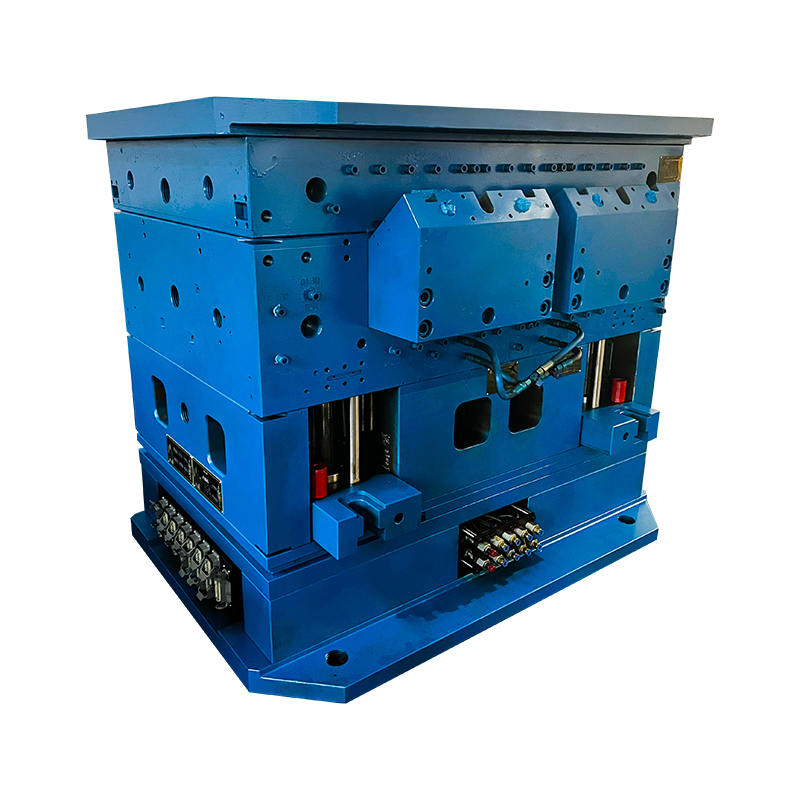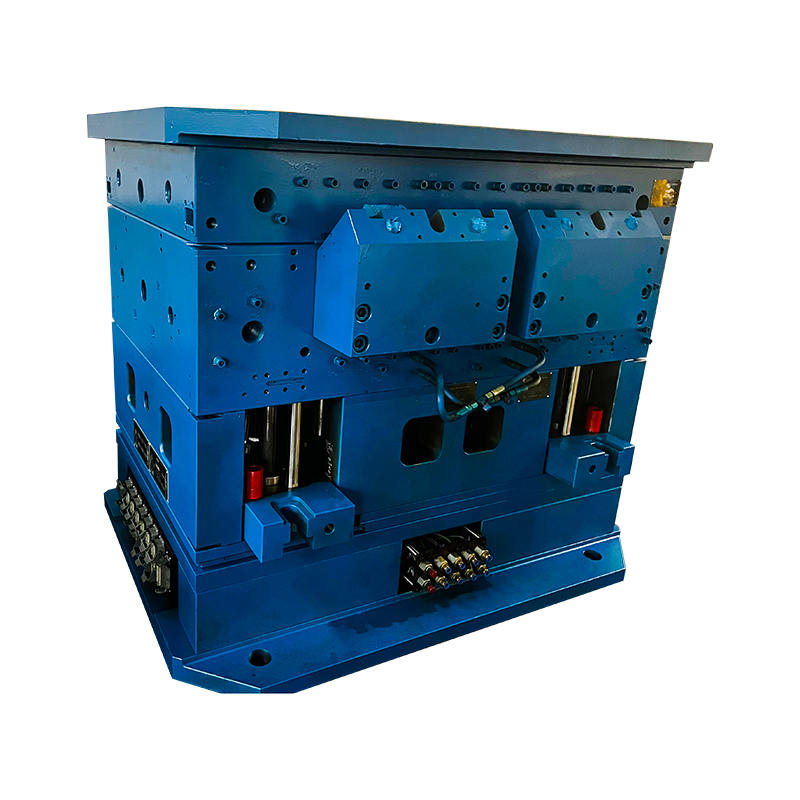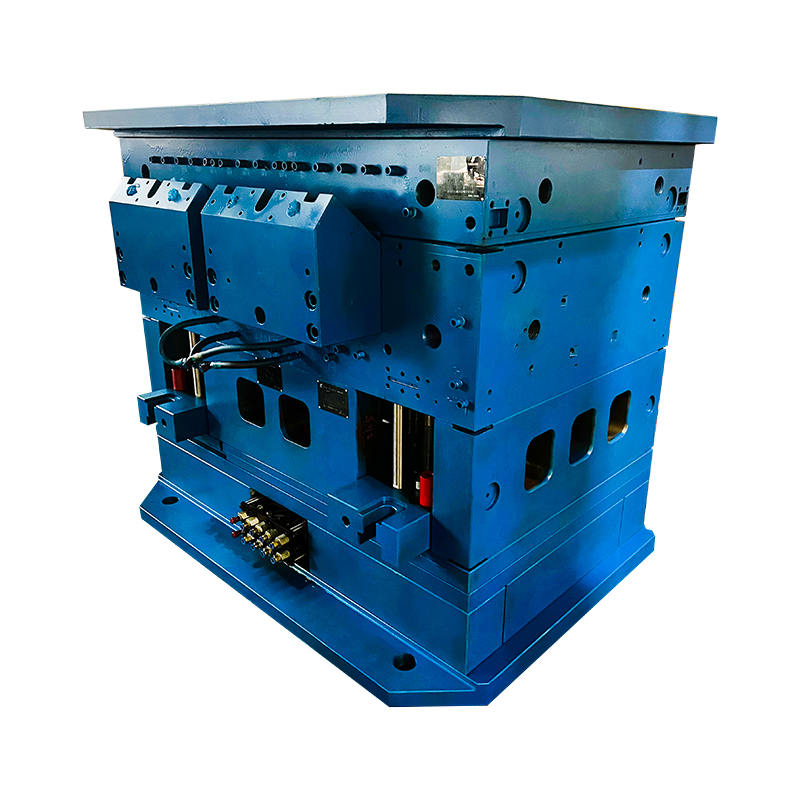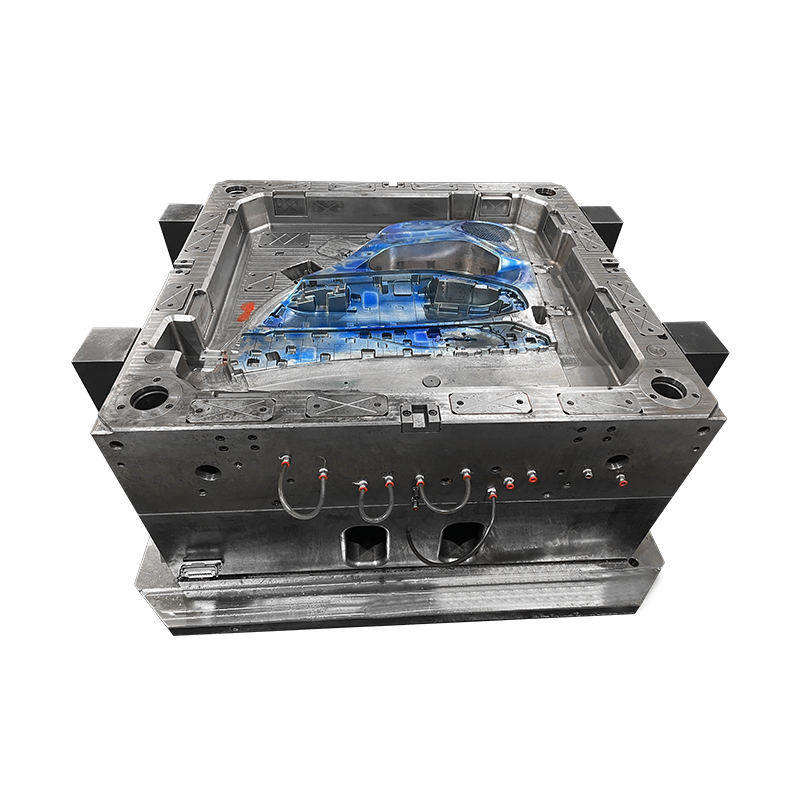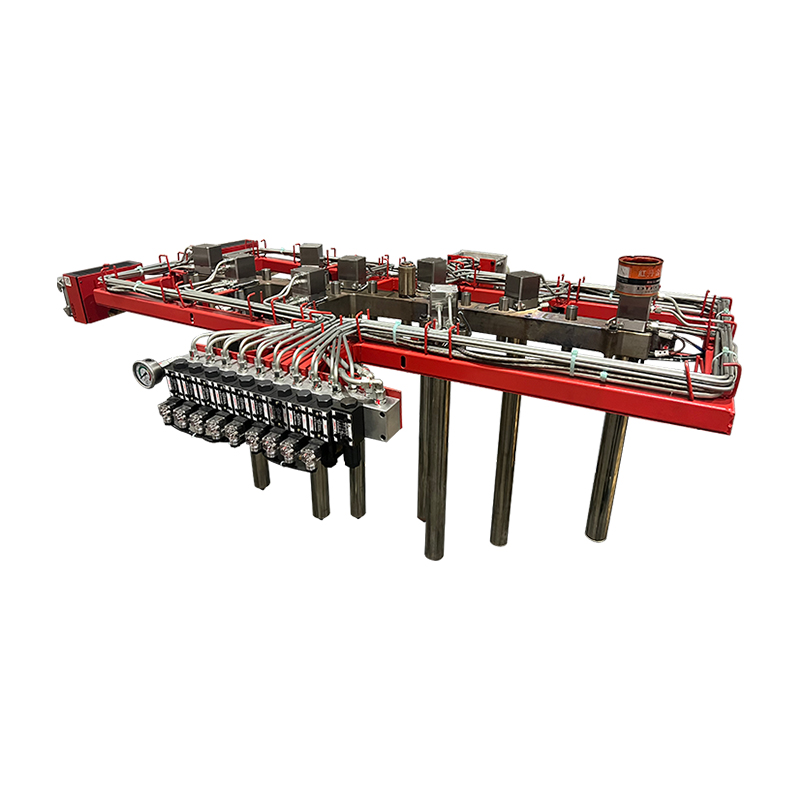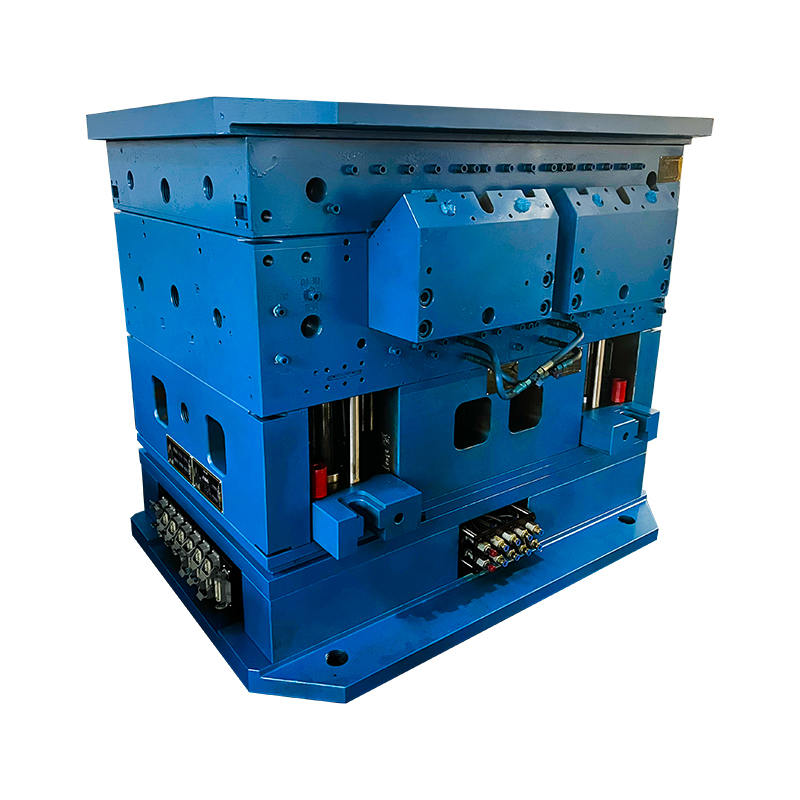
Automotive Parts Mold for Engine Components
|
Mould Type |
Compression mould |
|
Mould Steel |
P20 / S50C / S45 |
|
Mould Cavity |
Single cavity / Multiple cavities / Multiple cavities with interchangeable inserts |
|
Heating System |
Oil heating / Electrical rods heating |
|
Ejection System |
Hydraulic eject with air assist / hydraulic pins |
|
Mould Cycle |
depends on mould steel, P20 could support around 300 thousand lifespans |
|
Lead Time |
57 days |
Liberal Mould specialises in composite mould and injection mould, we are capable of providing a one-off solution for our customers from mould development, design, and mould making to finished products according to our customer requirements.
The Automotive Parts Mold for Engine Components is an essential tool in the automotive industry, designed to produce high-quality engine components with precision and efficiency. This mold type is widely used due to its ability to create complex shapes and maintain tight tolerances, which are crucial for engine parts that demand high performance and durability.
1. Advantages
a. High Precision and Consistency
Compression molds offer good precision and consistency, which is vital for engine components. The compression process ensures that each part is produced to exact specifications, reducing the variation between parts and ensuring a high level of quality control. This precision is crucial for engine components, where even minor deviations can affect performance and reliability.
b. Cost-Effective Production
Compression molding is a cost-effective manufacturing process, especially for high-volume production. The initial investment in mold design and fabrication is offset by the low per-unit cost of production. Additionally, the durability of compression molds allows for extended use over many production cycles, further enhancing cost efficiency.
c. Flexibility in Material Selection
Compression molds can accommodate a wide range of materials, including various thermosetting plastics and rubber compounds. This flexibility allows manufacturers to choose materials that offer the good performance characteristics for specific engine components, such as high temperature resistance, chemical resistance, and durability.
2. Key Features
a. Complex Geometries
Compression molds are capable of producing complex geometries with intricate details. This feature is particularly beneficial for engine components that often have complex shapes and require precise detailing. The mold design allows for the accurate reproduction of these complex features, ensuring that the final components meet design specifications.
b. Durable Mold Construction
The molds used for compression molding are constructed from high-grade materials, such as tool steels or aluminum alloys, which are designed to withstand the high pressures and temperatures involved in the molding process. This durability ensures a long service life for the mold and consistent performance over time.
c. Efficient Production Cycles
Compression molding is known for its efficiency in producing parts in high volumes. The process has a relatively short cycle time, which increases production rates and reduces lead times. This efficiency is particularly advantageous for automotive manufacturers that need to meet high demand while maintaining quality.
3. Applications
a. Engine Components
Compression molds are specifically used to manufacture a wide range of engine components, including gaskets, seals, and various internal parts. These components must meet stringent performance and reliability standards to ensure the engine's optimal functioning.
b. Automotive Industry
Beyond engine components, compression molds are utilized for other automotive parts such as vibration dampers, air intake components, and fuel system parts. The versatility of compression molds makes them suitable for various automotive applications where precision and durability are essential.
c. Customization and Innovation
The ability to customize molds for specific engine components allows manufacturers to innovate and adapt to new designs and materials. This customization capability supports the development of advanced engine technologies and contributes to the ongoing improvement of automotive performance.
By ensuring precision and efficiency, it supports the production of engine components that meet the stringent demands of modern automotive engineering.
